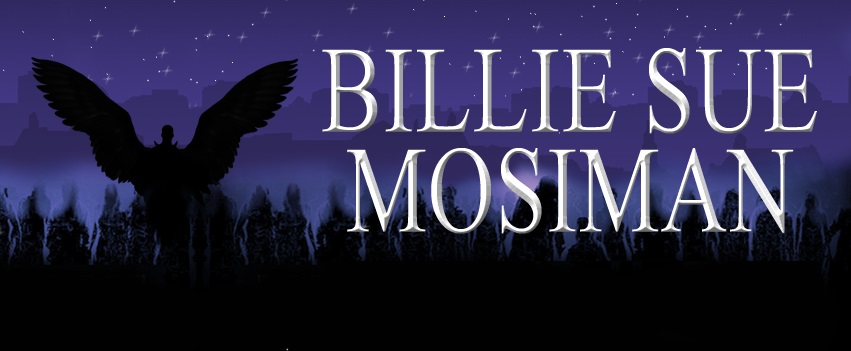Reading, for some people, has become reduced to text on a cell phone. Or sometimes, in the form of blogs, news bites, and opinion pieces on a computer connected to the web. Newspapers are closing their doors and the ones with spunk moved everything to the internet. I'm willing to bet social networks get more reading in a day than paperback books.
But all is not lost. People are still working on all the skills of reading that make them literate. When readers tire of texting, socializing online, and paragraph surfing on the web, there is always the book. It might be on an electronic device now, one that is the shape of a book and portable, or displayed in a computer program, but a book nonetheless. Libraries are not as popular as they used to be, but bookstores both physical and electronic, are still going concerns.
The problem with books is they are intimate and modern societies are moving away from the intimate to the group-shared as in videos, movies, and social networks. Reading books takes a little effort. Reading isn't an activity that is passive, the way watching TV, video, and movies are. Reading is interaction between reader and author, asking the reader to participate with his imagination. Reading requires a little quiet, even if for only a while.
On the other hand, books are patient. They never sound alarms or nag at you. Lying still and solemn, the book awaits your attention without fanfare. Books are all about rewards on a personal level, and the rewards for those of us who love books, are usually higher than for other entertainment activities that take less work.
Storytelling is as old as humanity. The first man who walked upright turned to his companion and told him a story about his day's activities. Bored cave men took up stones and scratched stories in pictures on cave walls. We tell one another stories in order to understand our lives--our own stories. Mass market books are a way for one story to travel among many. Ideas are disseminated, shared, tested, passed on or killed off.
If the book ever truly and really dies..if it disappears, in whatever form, forever, if stories end in the favor of "reality", then the human race would have lost an important part of itself. A good and needful part.
It is necessary to move forward and change, for technology to take us into the future, but we do not have to allow the reading of books to languish in favor of frivolous techie delights that in the end are transitory. Just like in the dawn of human history there are stories worth telling, worth sharing, and there always will be.

No comments:
Post a Comment